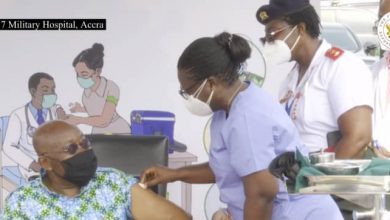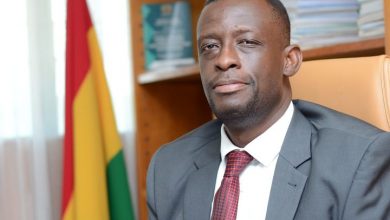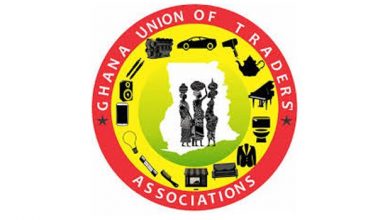President Akufo-Addo signs affirmative action gender equity bill into law

President Nana Addo Dankwa Akufo-Addo has officially signed the Affirmative Action Gender Equity Bill 2024 into law, a landmark move aimed at addressing longstanding gender imbalances in Ghana.
The bill, passed by Parliament in July, seeks to rectify social, cultural, economic, and political disparities caused by historical discrimination and entrenched patriarchal norms.
Dakoa Newman, Minister of Gender, Children and Social Protection, confirmed the development in a post on X, stating, “President Nana Addo Dankwa Akufo-Addo has assented to the Affirmative Action (Gender Equity) Act, 2024. Next Step: Implementation.” The new law aims to promote gender equity across both public and private sectors in the country.
Background
The Affirmative Action (Gender Equity) Bill, first presented to Parliament in 2016, seeks to boost women’s involvement in governance and decision-making in Ghana. It promotes inclusivity by ensuring that women, minorities, and other marginalized groups have equal access to leadership positions at all levels.
In line with global commitments such as CEDAW and the African Charter on Human Rights, the bill sets gender representation goals: 30% by 2026, 35% by 2028, and 50% by 2030. These targets will apply to appointments in public office, governance, and leadership roles.
Despite women constituting 51.2% of Ghana’s population, they hold only 13.8% of parliamentary seats and less than 30% of key leadership roles. Additionally, only 4.1% of local assembly members are women. The bill will introduce gender-responsive budgeting across all government sectors to address this gap.
Political parties will be required to meet gender equality targets in nominations and leadership, with the Electoral Commission monitoring compliance. The bill also emphasizes achieving gender balance in education, directing the Ministry of Education to ensure equal access for girls and remove obstacles to their success.
This legislation is a significant move toward gender equality in Ghana, covering areas like education, health, and employment to foster a more inclusive society.




